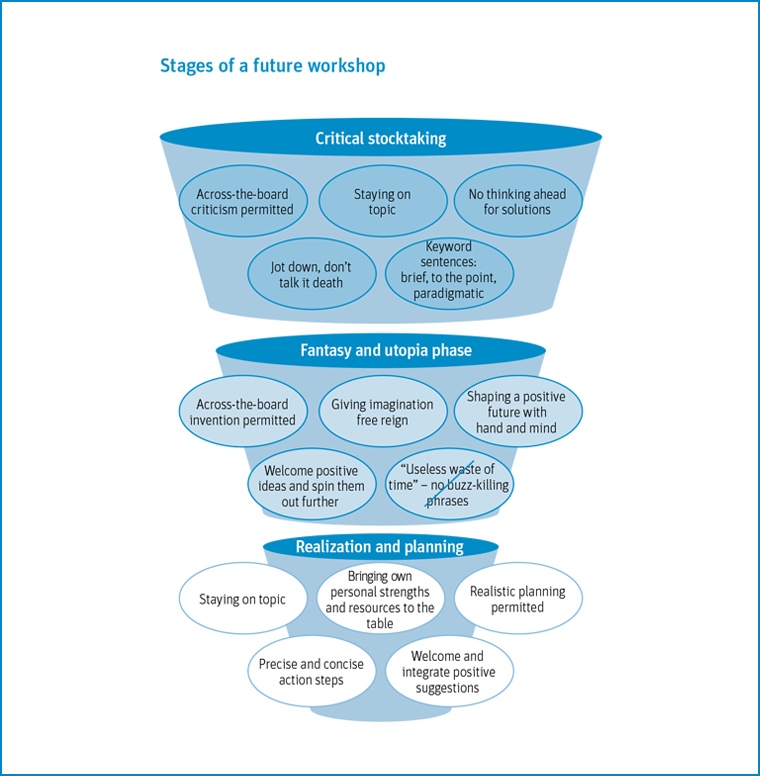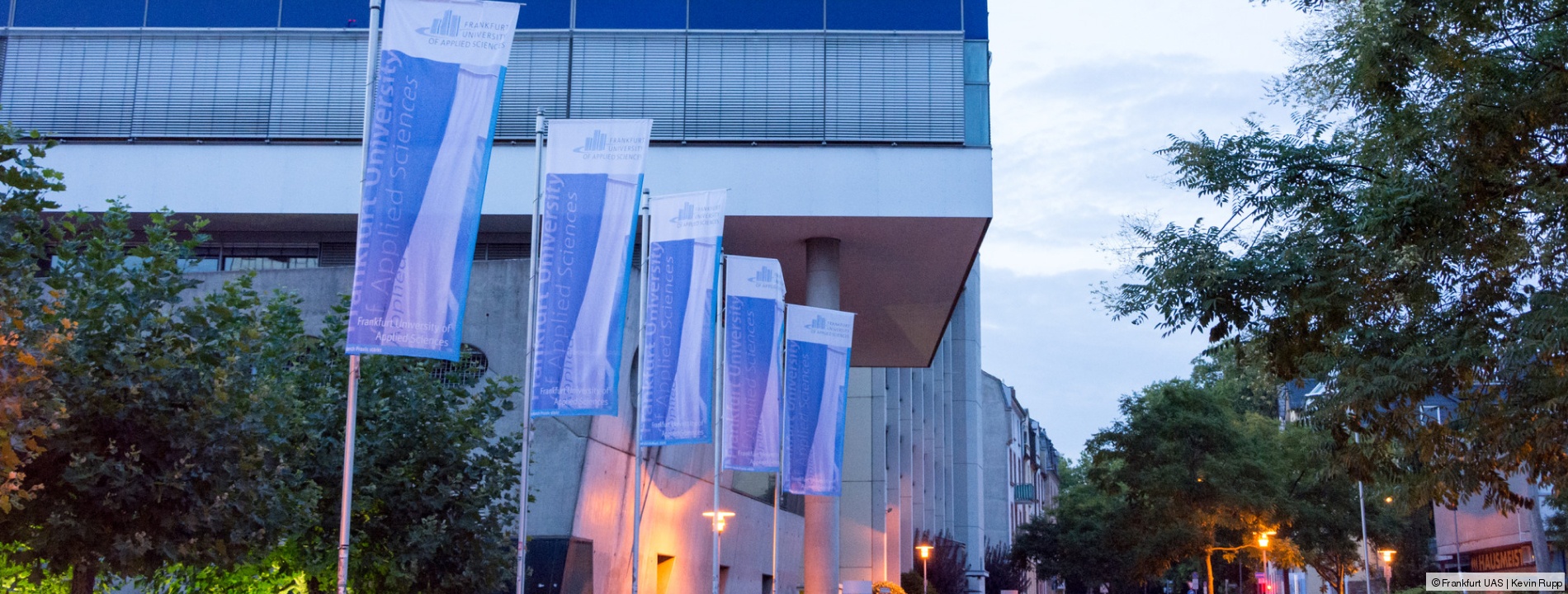All the talk about climate change and environmental destruction is nothing new. Scientific studies and findings such as those of the Club of Rome on the overexploitation of natural resources and its attendant disastrous consequences have been around since the 1970s.
For decades, however, they have been mostly ignored or downplayed. But the urgency of environmental problems is accelerating across the board. An attitude shift can be observed today among economic, political and civil society actors. Will this be followed by appropriate action and, if so, what sort of action? Last but not least, on Fridays – and on other days as well – young people are demanding that we change course in terms of our current economic and lifestyle choices. In addition to concepts and scenarios, this large-scale sociopolitical project also calls for public discourse and agreement on how we choose to live and work going forward.
The business-as-usual inertia is a big and powerful force, as is the self-deception – and deception of others – regarding the openness to change in affluent societies such as Germany, for example. The mantra of economic growth has grown problematical. Paying lip service both to the inflationary use of sustainability as a concept and to extensive greenwashing practices will not get the job done.
Technocratic answers and solutions are also ultimately bound to the logic of economic growth and to a reified notion of man and nature. Bringing about the much-needed sociocultural transformation towards a genuinely sustainable, resilient and healthy society, however, takes time. It is still within our power to decide – for the most part democratically – the kind of lifestyle we want going forward. This decision may well be forced upon us in just a few years’ time.

Social science research and education are innovative catalysts of socioecological transformation to the extent that they are capable of profiling socially integrative and reflexive opportunities: creating opportunities by educating students on facts and linkages, as well as transmitting knowledge of common points of reference and practice-oriented skills. University courses can be grassroots, democratically structured workshops of the future. As an Enlightenment philosopher, Kant in 1784 called for “mankind’s exit from its self-incurred immaturity,” which is as relevant today as it was then, as is the insight that freedom and responsibility need not be opposed to one another but always require education and communication.




